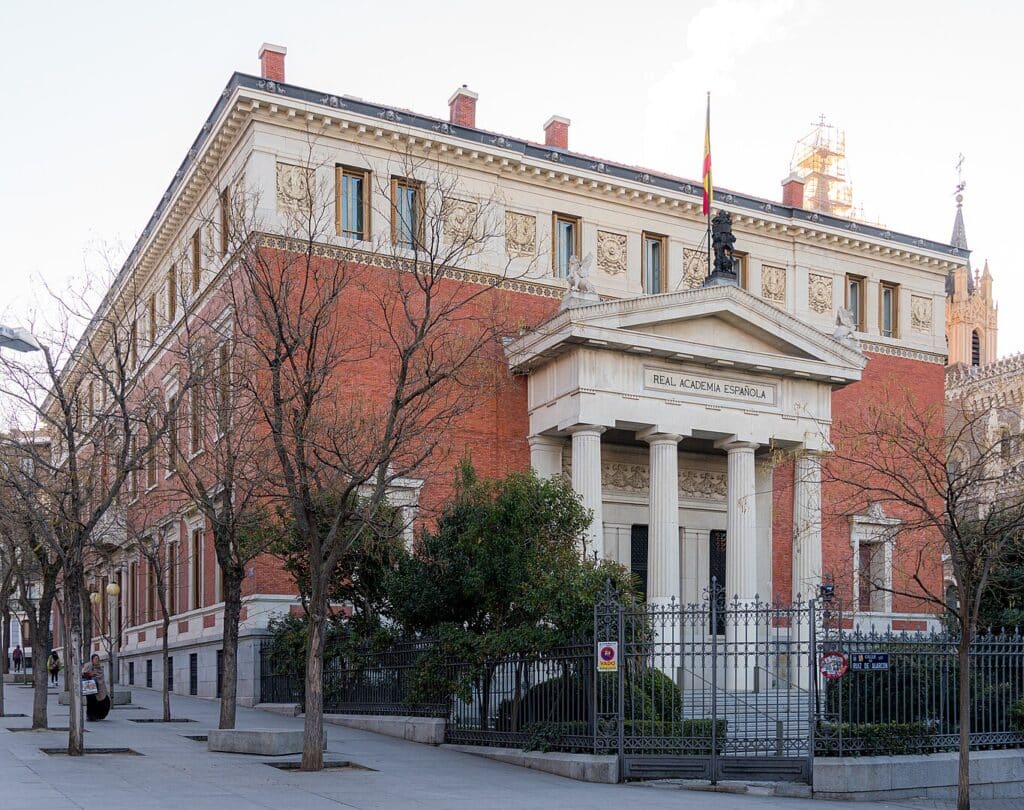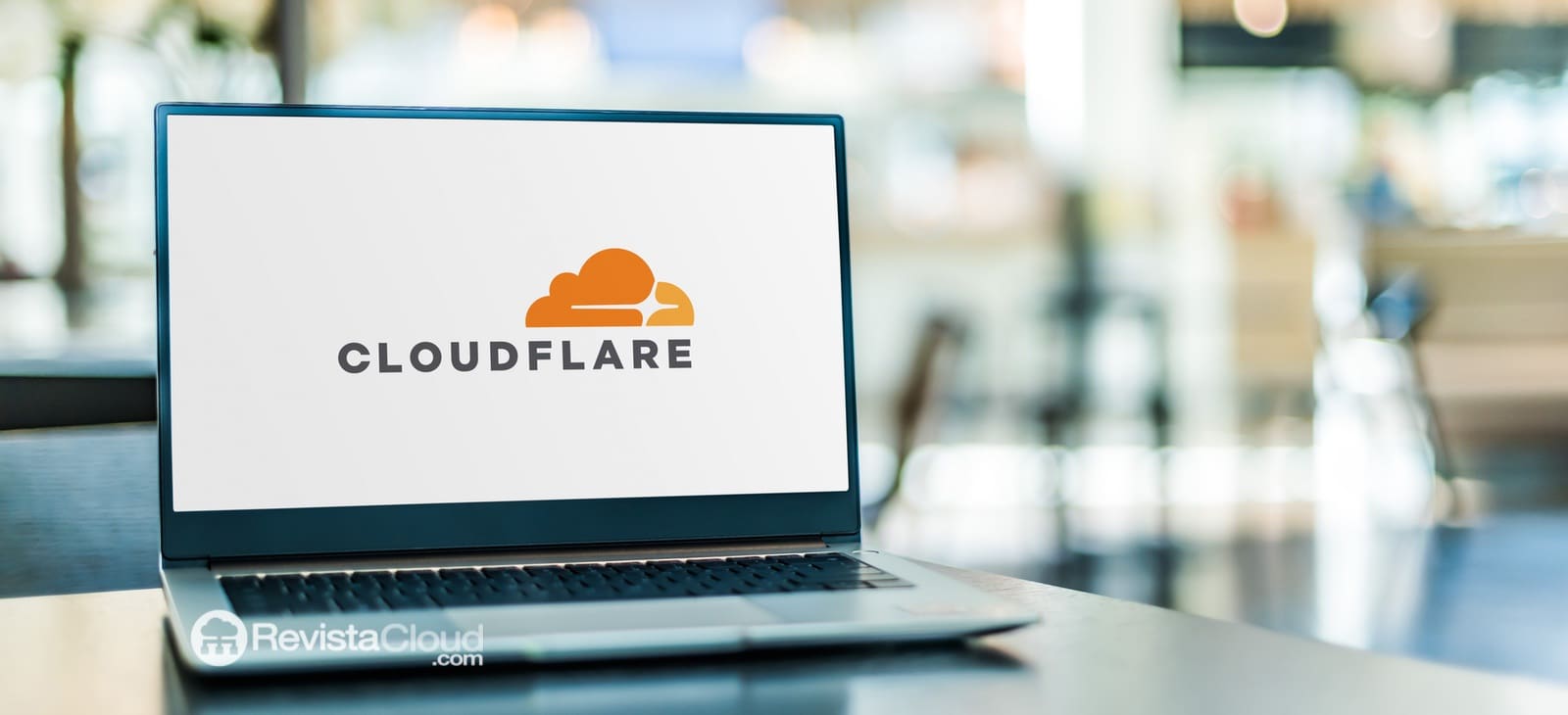LaLiga, the organization that encompasses the top football teams in Spain, is using extreme measures to combat digital piracy. These actions, which include the mass blocking of IP addresses associated with illegal football match streaming, have started to have serious repercussions, not only in the sports realm but also in e-commerce and the freedom of internet access to information. However, the most alarming aspect is the complicity and absolute silence of the media, which are ignoring this large-scale crisis. Instead of being headline news, the consequences of this model of cyber control are almost invisible to the public, raising crucial questions about the ethics and responsibility of the media.
The Controversy of Mass IP Blocking
Javier Tebas, president of LaLiga, has been personally involved in implementing a mass IP blocking system, which is activated every weekend during matches. LaLiga employs artificial intelligence to detect IP addresses streaming illegal content and blocks them through telecommunications providers. This strategy, aimed at combating piracy, is based on a wholesale approach, affecting thousands of websites and e-commerce businesses unrelated to football.
In recent weeks, large CDN platforms like Cloudflare have become involved in these blocks. During a weekend in March 2025, LaLiga blocked 35% of Cloudflare’s traffic in Spain due to a significant amount of pirate content being distributed through its network. Despite affecting thousands of legitimate websites, such as e-commerce sites or public institutions, the organization continued its blocking efforts. The situation reached a point where even the Royal Spanish Academy (RAE) faced a blockade of its website, prompting the institution to file a formal complaint to Tebas. However, his response was as alarming as the measures taken: Tebas suggested that the RAE should not “allow” the use of its IPs for spreading illegal content, under the threat of legal action.

The Threat to E-Commerce and Freedom on the Internet
The impact of these decisions is not limited to the sporting realm or large CDN platforms. Thousands of websites and e-commerce businesses have been affected by the IP blocking, disrupting their daily operations. This indiscriminate measure not only interrupts the sales of small and medium-sized enterprises but also jeopardizes the freedom of access to information for users, who cannot access necessary legal websites for their daily lives. This blocking system, rather than being a remedy, seems to be creating more problems than it solves, with devastating effects for sectors unrelated to piracy.
The Media’s Silence: A Dangerous Cowardice
The most outrageous aspect of this situation is the silence of the media. A matter as serious as the mass blocking of IPs, which affects thousands of citizens and legitimate businesses, should be headline news in all newspapers, on the radio, and on television. However, most media outlets remain silent, ignoring an issue that could, in the long run, severely impact the structure of the internet as we know it.
Why is this news not being reported? Why are the media so quiet when citizens and companies see their daily activities interrupted without justification? The answer is more complex than it seems. Some may point to constant pressure from powerful entities like LaLiga, which do not want their invasive policies to be exposed. Others may argue that major telecommunications companies have agreements with LaLiga, giving them power to silence any criticism that could affect their commercial relationship.
The lack of media coverage on this severe situation is undoubtedly a form of silent complicity. By failing to adequately inform the public about the impact that LaLiga’s blockades have on users and companies, the media allows these authoritarian measures to continue to be applied without control or opposition.
A Risk to Internet Freedom
The indiscriminate IP blocking model used by LaLiga paves the way for a dangerous precedent. If authorities and telecommunications companies continue to act without adequate regulation and without the oversight of independent bodies, we may be facing the start of a covert censorship on the internet. Over the past few years, we have seen how individual freedoms and online privacy have been attacked under the pretext of “security” or “combating piracy.” Now, with the support of communication and technology giants, LaLiga is advancing in this same direction, without a warning signal being raised in the media.
It is urgent that the voices of journalists and media outlets rise against this abuse of power. Citizens and businesses deserve to know that their rights are being violated by policies like those of LaLiga, which, in its attempt to combat digital piracy, is undermining freedom of expression and access to information on the internet.
The Path to a Free and Safe Internet
The solution is by no means the mass blocking of IPs, which indiscriminately affects millions of users and companies unrelated to the realm of piracy. The real solution lies in the cooperation between content distribution platforms, telecommunications operators, and legal entities to create a more precise and less invasive system. Instead of resorting to such drastic measures, more specific detection technologies should be developed to identify the responsible parties without affecting the vast majority of legitimate users.
In conclusion, the situation of the mass IP blockades orchestrated by LaLiga is not only a problem of intellectual property rights but also a threat to freedom on the internet. Media outlets, instead of remaining silent, should be informing society of the severity of the situation. Only through a public, transparent, and ethical debate can solutions be found that protect both the rights of content owners and the fundamental freedoms of users on the web.
References: Banda Ancha and Noticias Redes Sociales

